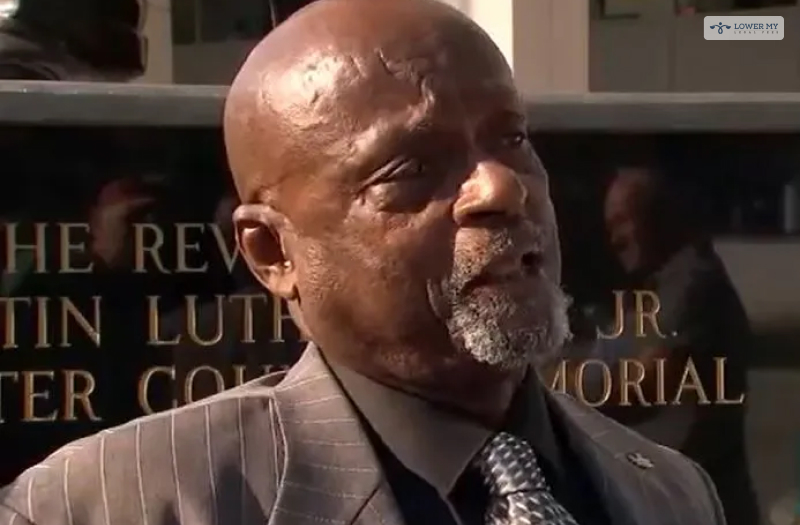In a momentous turn of events, a man who had been wrongfully convicted of rape in 1975 has been exonerated through DNA evidence in Westchester County, New York. The case highlights the ongoing importance of forensic technology in rectifying miscarriages of justice.
David Collins, now 65 years old, had spent over four decades behind bars after being found guilty of a brutal rape he had always maintained he did not commit. His conviction came at a time when DNA testing was not available, and he was sentenced to life in prison.
Collins’s case was reopened as part of a broader initiative to review past convictions using modern forensic techniques. DNA evidence collected from the crime scene was reanalyzed, and the results revealed that Collins was not the perpetrator. The evidence pointed to another individual who was not previously a suspect in the case.
Upon hearing the news of his exoneration, David Collins expressed a mix of relief and gratitude. “I knew I was innocent from day one,” he said. “I’m thankful for those who never gave up on me and worked tirelessly to uncover the truth.”
The Westchester County District Attorney’s Office issued an official apology to Collins, acknowledging the grave miscarriage of justice and the immense personal toll it had taken on his life.
Collins’s case sheds light on the broader issue of wrongful convictions and the need for continued efforts to review and rectify them. Advances in forensic technology, particularly DNA testing, have played a pivotal role in uncovering the truth and exonerating individuals who were wrongly imprisoned.
Legal experts and advocates emphasize the importance of ongoing criminal justice reform to prevent similar injustices from occurring in the future. They point to the need for improved evidence preservation, better legal representation for defendants, and increased transparency in the criminal justice system.
While David Collins’s long-awaited release marks a significant victory for justice, it serves as a poignant reminder of the human cost of wrongful convictions and the importance of a system that strives to uphold the principle that “justice delayed is justice denied.”
Read Also:
Who Is A Prosecutor? Should You Hire One?
Former POTUS Donald Trump Pleads Not Guilty
Guatemala Number 1 Buyer Of US Semiautomatic Guns- Need Stricter Gun Laws?






